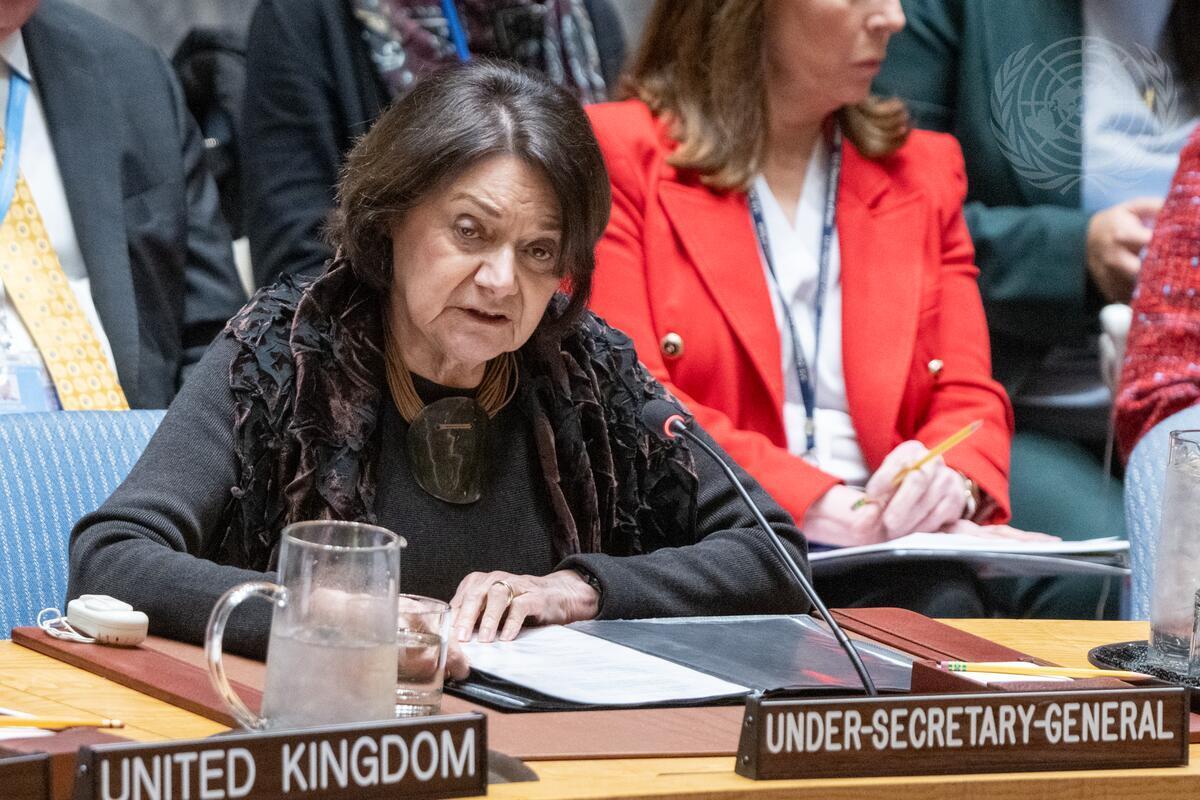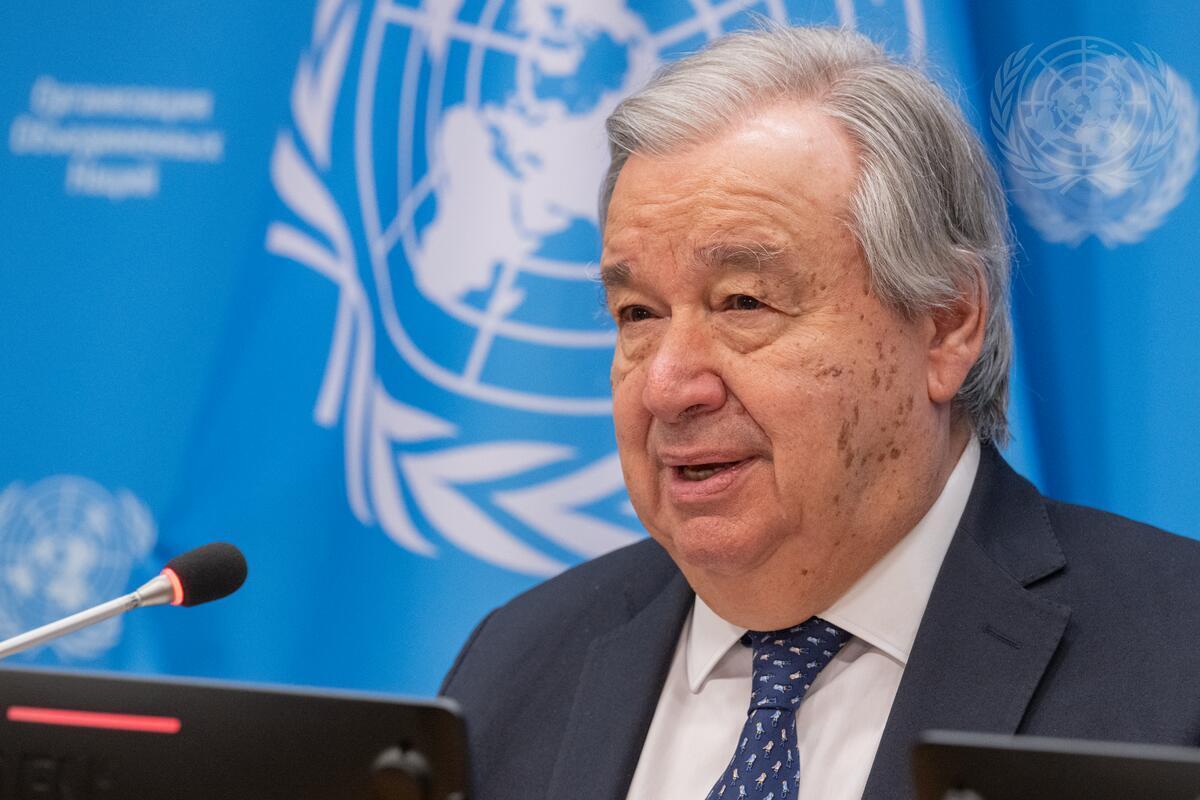A newly published United Nations report highlights the urgency of adopting a more strategic approach to address the economic and fiscal crisis faced by the Palestinian Authority and Government. It urges a coordinated and integrated response to resolve this precarious situation.
The report, issued by the office of the United Nations Special Coordinator for the Middle East Peace Process (UNSCO) for the upcoming meeting of the Ad Hoc Liaison Committee (AHLC) in Brussels on 10 May 2022, warned of an uncoordinated approach to address the current political, economic and security challenges in the Occupied Palestinian Territory (OPT) which only risks perpetuating a continuous cycle of crisis management.
The report notes some improvements in the situation since the last meeting of the AHLC in November 2021. Some trends point to increasing activity and integration between the Israeli and Palestinian economies, particularly with respect to expanded access to the Israeli labor market. The number of workers crossing from the West Bank into Israel have increased to 153,000. Some 20,000 permits for Palestinians in Gaza to enter Israel for work or trade have been approved, with nearly 12,000 issued thus far. Trade in goods from the West Bank and from Gaza are higher than in many years, with this trade going mostly to Israel.
This increase is due to some recent Israeli decisions to make some improvements to access and movement. The report notes that such initiatives will improve Palestinian livelihoods and ease tensions in the short term. Nonetheless, increasing economic integration requires updating the regulatory framework governing the relationship between the Israeli and Palestinian economies, or risks exacerbating asymmetries.
The report also highlights that in the West Bank, the space for Palestinian economic activity, most notably in Area C, does not allow for needed Palestinian economic growth. Israeli movement and land-use restrictions, continued settlement activity and expansion, and the lack of Israeli-issued building permits, which are nearly impossible for Palestinians to obtain, underscore this negative development.
Improved Palestinian access to Area C and allowing Palestinians to address their development needs would have a positive impact on Palestinian economic development. The sectors that would benefit most are agriculture, minerals, mining, construction, tourism, and telecommunications.
The report notes that economic steps alone, including Palestinian fiscal reforms and further easing of Israeli access and movement restrictions — while essential and desperately needed — will not sustainably address the multiple crises facing the PA. The report calls on all actors to push beyond a conflict-management paradigm to a conflict-resolution paradigm.
United Nations Special Coordinator for the Middle East Peace Process, Tor Wennesland, stated that “With this perspective, there are measures that can be taken immediately to improve the situation. There is a need for a package of incremental, durable, and meaningful steps that would reflect a more coherent strategy to strengthen the Palestinian Authority and clearly chart the way toward a two-State solution. Getting there requires political leadership.”
The report urges Israelis, Palestinians, regional States, and the broader international community to concrete steps to encourage the parties to further engage with each other and the international community with this goal in mind.
Note to Editors: The Ad Hoc Liaison Committee (AHLC) serves as the principal policy-level coordination mechanism for development assistance to the OPT. The AHLC is chaired by Norway and co-sponsored by the EU and the US. In addition, the United Nations participates together with the World Bank and the International Monetary Fund (IMF). The AHLC seeks to promote dialogue between donors, the Palestinian Authority and the Government of Israel.





